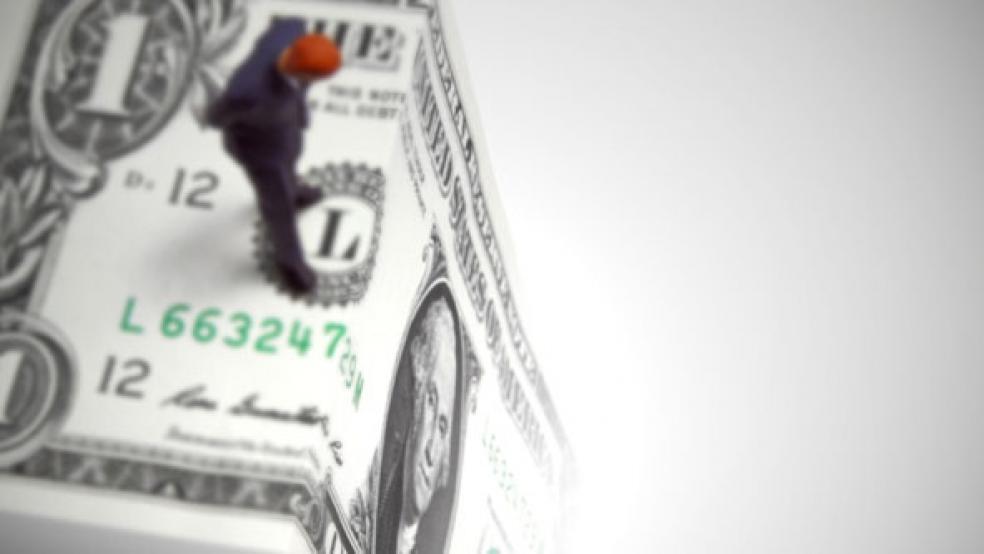During the Great Recession, monetary policymakers were aggressive and creative in their attempts to revive the economy. I wish they had been even more aggressive, and at times they were a bit slow to react due to excessive fear of inflation and the tendency to see recovery just around the corner, but their overall response to the crisis was commendable. Unfortunately, monetary policy alone was far from enough to give the economy the help it needed. Fiscal policy was needed too.
But fiscal policymakers let us down. Before the Great Recession, I was a bit naïve. I would never have guessed that politics would come before helping millions of people. But Republicans were more interested in making sure that Obama would not get credit for anything good that might happen than in helping people struggling to find jobs or suffering other consequences of the economic downturn. Yes, there was an attempt to stimulate the economy early in Obama’s presidency, but it was far from adequate, not as well targeted as it could have been, and much more help was needed. But the help never came. Instead, Congress made things worse through the shift to austerity during the recession brought about by Republican threats of a government shutdown.
Related: Though Not Low Enough, Child Poverty Has Fallen 5% Since Welfare Reform
Fiscal policy is too important to be stymied by political gridlock. The next time a big recession hits, we must find a way to bring fiscal policy into play as a viable policy option. We cannot rely upon monetary policy alone. If Congress is too dysfunctional to do the job, as it appears to be, then it’s time to create a new institution that can operate independently of Congress, something along the lines of the Federal Reserve but for fiscal policy. How could such an institution be structured?
A politically independent fiscal policy commission would be devoted to providing countercyclical stabilization for the economy. During downturns, it would have the power to increase spending – a predetermined list of infrastructure projects, perhaps approved by Congress, could be used to provide stimulus and help the economy in the longer run. I would also give the commission the power to change programs temporarily such as food stamps and unemployment compensation, and also give it the power to change tax rates temporarily.
Whatever type of spending and tax policy is allowed, it would be required to be temporary so that there is no long-term impact on the size of government. And, crucially, any stimulus put into place during a downturn must be paid for over 10 to 15 years so that the activities of the fiscal policy commission are budget neutral in the long run.
Related: Medicaid Fraud Climbed to a Whopping $29 Billion Last Year
Maintaining budget neutrality would require the commission to raise taxes when the economy is doing well, and that would lead to criticism about how it is harming the economy. But that is how countercyclical policy is supposed to operate. Shave the peaks in the economy when times are good, and use the shavings to fill the troughs when things are bad. It’s a way of doing what households do to smooth their consumption when their incomes fall temporarily, perhaps due to unemployment.
Borrow to get through the bad times (or dip into saving), and then pay off the loans (or rebuild savings) when income is higher. An infrastructure project planned for several years ahead could, for example, be started immediately to help to offset a deep recession. That would lower planned spending in the future and raise it during the downturn.
It would also be possible to constrain the commission by placing limits on how much it could change the budget each year through changes in spending or taxes, e.g. a $500 billion limit per year, though I would be tempted to leave that to the committee’s discretion given the constraint that whatever is done must be paid for at some point.
Related: As the Debt Hits $19 Trillion, Has the US Reached a Tipping Point?
Oversight of a fiscal policy commission could be provided by a group modeled after the Board of Governors of the Federal Reserve. A seven-member commission would be appointed by the president with the advice and consent of Congress, serve long terms that end on a rotating basis so that no president could appoint more than a few members, and there would be a Chair appointed by the president. A vote among the members of the commission would determine policy actions.
It would also be important for the committee to consult regularly with the Federal Reserve, and to coordinate monetary and fiscal policy so that the Fed and the fiscal policy commission are not working against each other, or basing their individual policy actions on guesses about what the other might do. Coordinated policy action would be much more effective than independent policy choices by the two policy boards.
I understand that there is no chance of this happening in the present political climate. But it’s essential for people to recognize the importance of fiscal policy during deep downturns and the extent to which fiscal policymakers failed us during the Great Recession. If voters don’t hold members of Congress accountable and begin to demand change, the next time a deep recession hits we will once again be without the most effective policy tool we have for putting people back to work.






